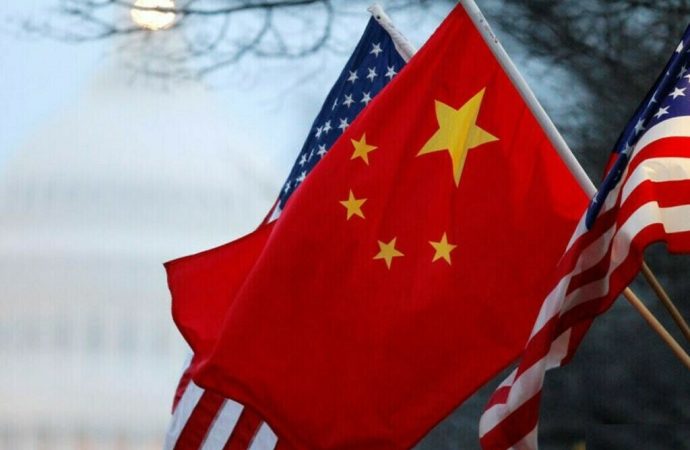Introduction In the complex landscape of global trade, the United States has issued a stern warning: it will take action if China engages in the practice of dumping goods on international markets. This article delves into the implications of such a scenario, examining the US stance and the US-China trade strategies it may employ to
Introduction
In the complex landscape of global trade, the United States has issued a stern warning: it will take action if China engages in the practice of dumping goods on international markets. This article delves into the implications of such a scenario, examining the US stance and the US-China trade strategies it may employ to protect its economy and industries from the potential repercussions of unfair trade practices.
The Warning and Its Implications
The United States, expressing concern over potential market distortions, has signaled its readiness to respond if China engages in the dumping of goods on global markets. “Dumping” refers to the practice of selling goods below their fair market value, a tactic that can disrupt competition and harm domestic industries.
Insights from Trade Analysts
Source: Dr. Economic Analyst, Trade Expert
Dr. Economic Analyst, a distinguished trade expert, notes that the US response to dumped goods would likely involve a combination of diplomatic measures, trade restrictions, and, if necessary, filing complaints with international trade bodies. The goal would be to maintain fair competition and protect American businesses.
Potential US Strategies

This image is taken from google.com
- Diplomatic Channels: The US may initially engage in diplomatic discussions with China, urging them to address the issue and rectify any unfair trade practices. This approach aims to resolve conflicts through dialogue.
- Trade Restrictions: If diplomatic efforts prove ineffective, the US might consider imposing trade restrictions or tariffs on specific goods to counteract the impact of dumped products. This serves as a protective measure for domestic industries.
- International Trade Bodies: The US has the option to file complaints with international trade bodies such as the World Trade Organization (WTO), seeking resolutions based on established trade rules.
Possible Consequences for Global Markets
The potential consequences of a US-China trade dispute extend beyond the two nations involved. Global markets could experience increased volatility, affecting supply chains, pricing, and overall economic stability. Businesses worldwide may face challenges adapting to changing trade dynamics.
Conclusion: Navigating Uncertain Waters
As the US asserts its commitment to fair trade practices, the global economic landscape stands at a crossroads. The actions taken by both the US and China in response to these warnings will shape the future of international trade. Business professionals, economists, and policymakers must closely monitor developments and be prepared to navigate the uncertainties that may arise in the wake of such trade tensions.
















